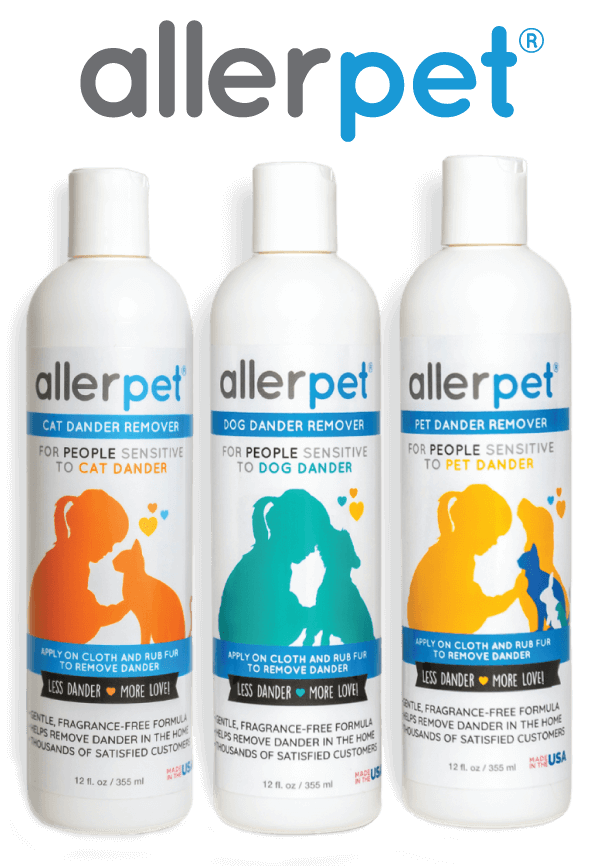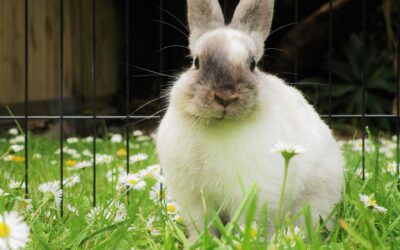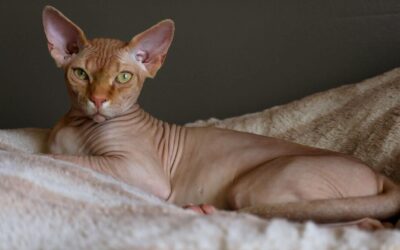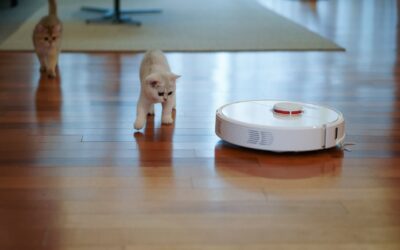Care & Habitat For Small Furry Animals
Gerbils, Guinea Pigs, Hamsters, Mice & Rats
Although gerbils, guinea pigs, hamsters, mice and rats belong to the rodent family, each species has its own particular habits and specific needs.
Care And Grooming
Each of these species is extremely clean, grooming themselves and each other as instinctual behavior and as an important activity during their time awake. Small furry animals need little grooming. They keep themselves and each other scrupulously clean. Being desert animals, native to arid regions of northeastern China and eastern Mongolia, they excrete very little urine and have hardly any odor.
Gerbils need to be brushed occasionally with a small bristle brush or soft toothbrush.
Guinea pigs require grooming once or twice a week. English smooth-coated guinea pigs are brushed from head to tail, in the direction the fur grows, with a small soft bristle brush or toothbrush to remove dead hair from the coat. Abyssinian rough-coated and Peruvian long-haired guinea pigs are brushed (with a small, soft bristle brush) and combed from the skin outward to keep the hair from matting. Peruvian guinea pigs require a great deal of attention to keep their long hair in good condition; if not, the fur will mat and urine and feces will be trapped in it. They spend a great deal of their waking time grooming themselves thoroughly with their tongues, their teeth and paws to keep their fur in good condition. They will contort themselves into unusual positions to reach all parts of the body.
Shorthaired hamsters need to be brushed occasionally while longhaired types need more frequent grooming with a small bristle brush or soft toothbrush.
Mice and rats are extremely fastidious. They will groom themselves — and each other in a colony — without any help from their owners.
Cleansing & Bathing
To cleanse the dander, urine and saliva allergens from small furry pets, once a week, moisten a washcloth with Allerpet Pet Dander Remover.
The small furry animals mentioned above need a bath only if they smell bad or if their rear ends are sticky with urine or caked with fecal matter. When that is the case, use a mild shampoo for cats and kittens, and carefully bathe the pet in lukewarm water in the sink or in a small plastic dishpan. Rinse, then blot dry with a towel and keep it in a warm, draft-free area until it is completely dry, as rodents are highly susceptible to chilling.
To cleanse the dander, urine and saliva allergens from small furry pets, once a week, moisten a washcloth with Allerpet Pet Dander Remover. Rub over the fur both with and against its growth. Blot dry with a towel and keep the pet in a warm place until it is completely dry. The weekly treatment with an allergy cleansing lotion will also keep the animal clean and sweet-smelling. Wash your hands immediately after handling your pet.
Ferrets
General Information
Ferrets are mustelids that belong to the same family as skunks, minks, weasels, badgers and otters. Unless you plan to breed a ferret, it should be neutered (or de-sexed) by the time it is 6 months old. Neutering makes males less aggressive and protects females from aplastic anemia and septicemia, two diseases that are predominant causes of ferret death.
Grooming Your Ferret
Ferrets are fastidious animals and they clean themselves regularly, however some additional grooming is required by the owner.
This involves removing loose, dead hairs with a soft bristle brush about once a week, plus moistening a cotton ball with peroxide and carefully wiping the inside of the ears to remove excess wax and dirt.
Nails also need trimming; squeamish owners can have this done by a professional groomer or veterinarian.
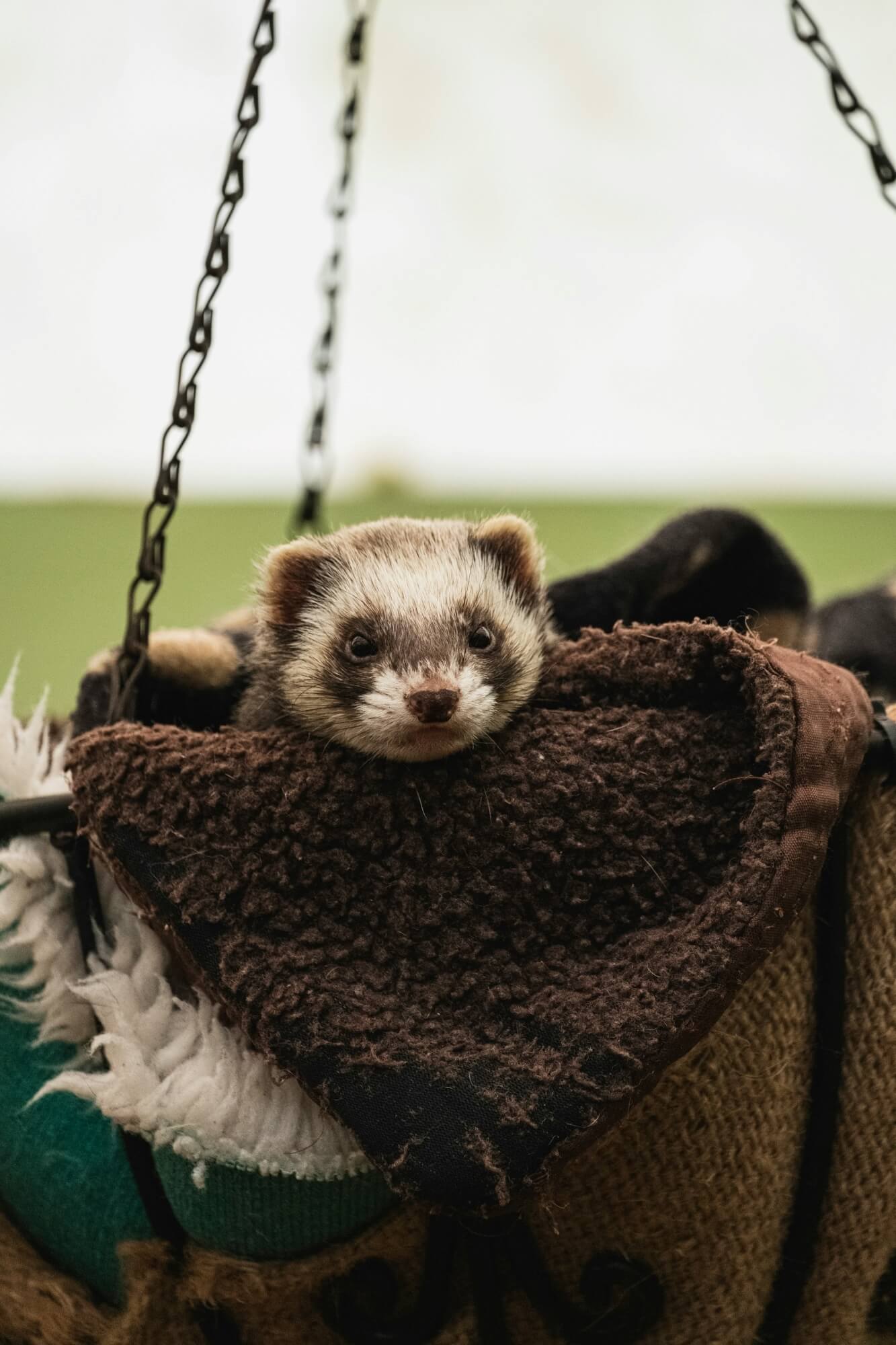
Cleansing Your Ferret
Even when ferrets have been de-scented they still have some musky odor and their coat tends to feel greasy, so they need frequent shampoos. Special ferret shampoos are available to help control musk odors and to condition the skin and coat; you could also use a shampoo for cats. After the shampoo, rinse thoroughly so that all traces of suds are removed. Ferrets have a waterproof coat that is difficult to dry. Blot the hair with a towel and keep the ferret in a warm, draft-free room until it is completely dry.
To control dander, sponge the ferret with Allerpet Pet Dander Remover once a week. Moisten a washcloth or sponge with Allerpet; rub the fur in both directions, then dry as usual.


